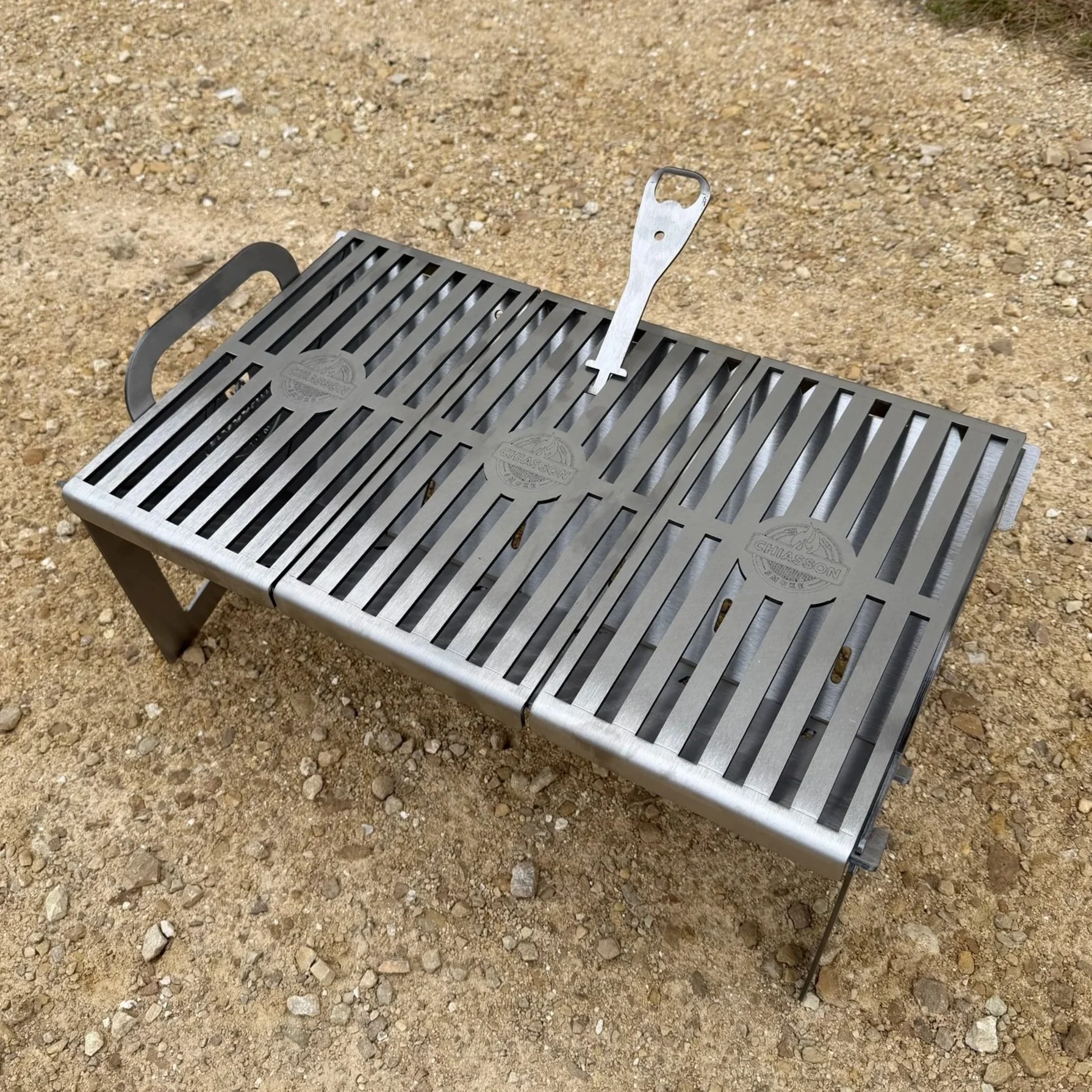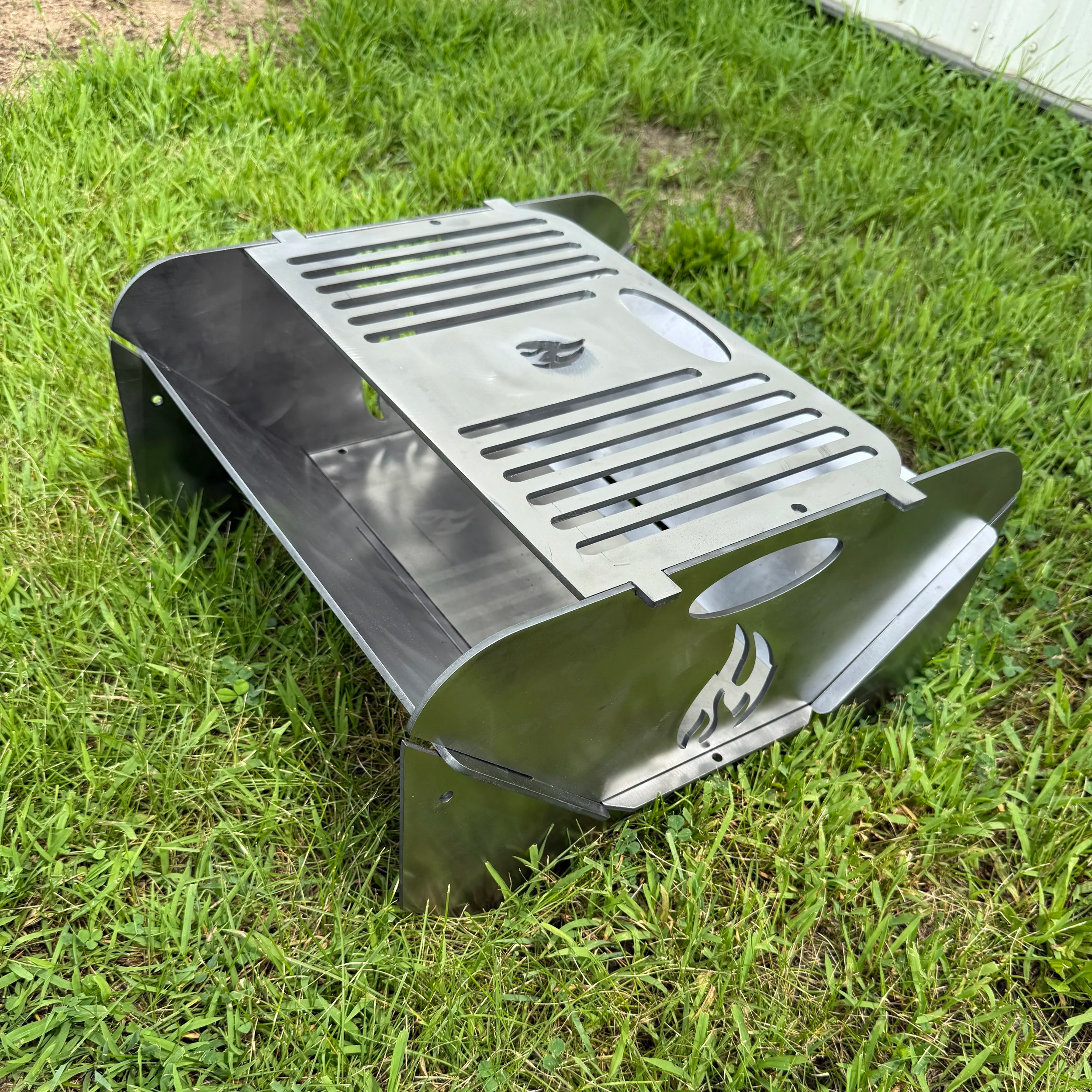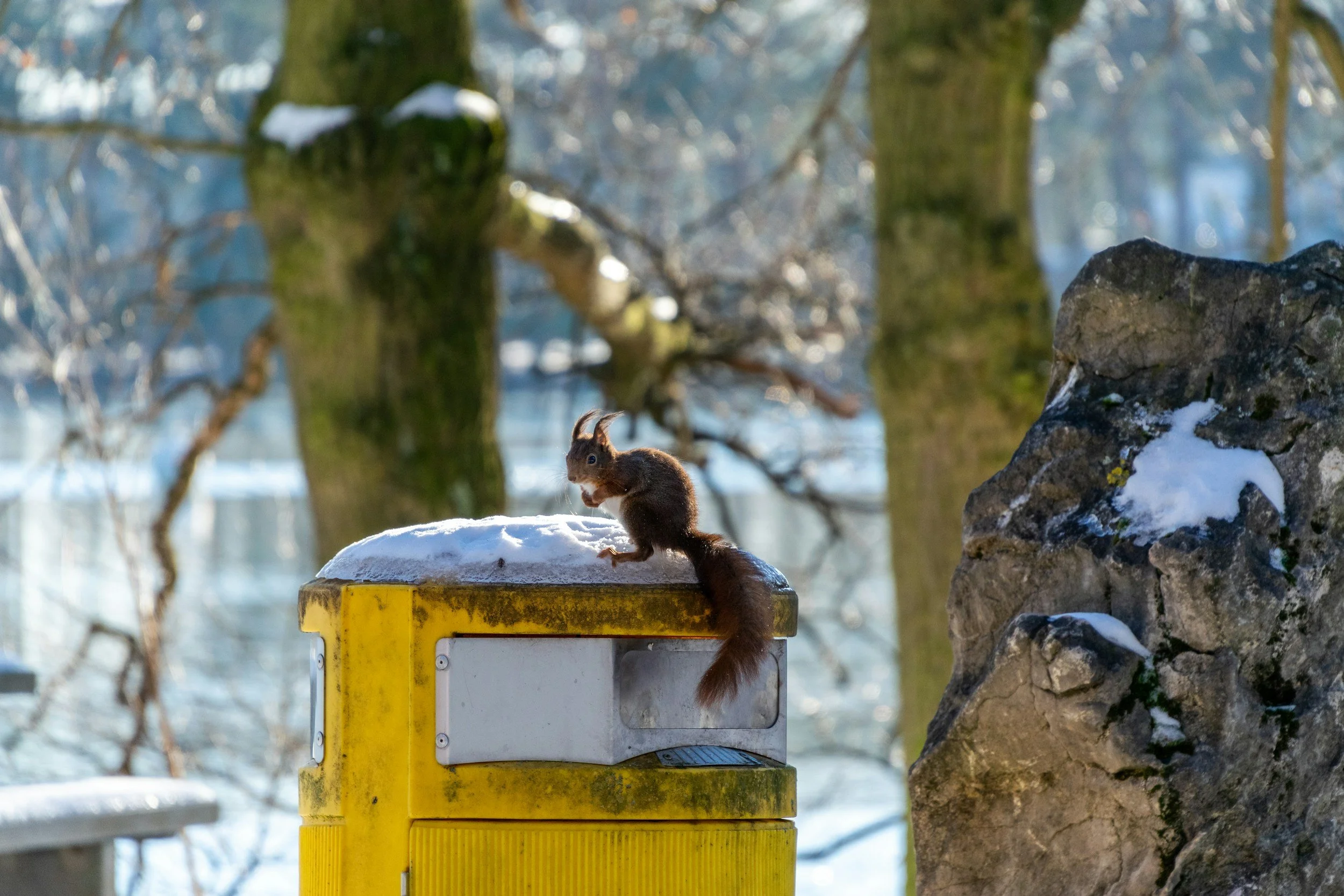The Leave No Trace Principles
Picture a trail winding through tall pines, a clear stream humming nearby, and a soft breeze carrying the scent of wildflowers.
Now picture the same place covered in trash, trampled plants, and scribbled graffiti on the rocks.
…One scene feels like magic; the other feels like a mess. Leave No Trace is about keeping the magic alive. These seven principles help everyone—beginners, experts, kids, and adults—enjoy nature without ruining it for others. They’re simple ideas, but they make a huge difference.
#1: Plan Ahead and Prepare
Every great adventure begins before you even step outside. Planning helps you avoid problems, keep yourself safe, and protect the places you visit. This might mean checking weather reports, learning about trail rules, or finding out whether you need a permit. When you’re ready for your trip, you won’t need to take shortcuts, leave trash behind, or wander off trail trying to figure out where you are.
Planning also keeps you comfortable. If you pack enough food, water, layers, and tools, you won’t have to panic when the temperature drops or a sudden rain shower hits. Being prepared helps protect nature because you avoid the small disasters that can lead to bigger ones, like ripping branches for firewood or leaving extra waste behind. Good planning means you travel with confidence and leave each place just as beautiful as you found it.
#2: Travel and Camp on Durable Surfaces
Nature may look strong, but many places are more fragile than they seem. When you stick to trails, campsites, rocks, gravel, or dry grasses, you’re choosing surfaces that can handle foot traffic. Staying on durable ground keeps plants from being crushed, prevents erosion, and protects animal homes.
Sometimes it’s tempting to start a new shortcut or pick a “pretty spot” off the trail. But even a few steps can leave marks that last for years. Camping works the same way. Built campsites exist for a reason—they’ve already been stepped on and slept on many times. If you camp somewhere untouched, the land might not recover.
Durable surfaces are nature’s shield. When you choose them, you help keep everything else wild and healthy.
#3: Dispose of Waste Properly
“Pack it in, pack it out” may be the most famous rule in the outdoors. It sounds simple, but it goes far beyond picking up snack wrappers. Waste includes leftover food, dirty water, and even the tiny bits of packaging that fall out of your pockets when you’re not paying attention.
Carrying out all trash prevents animals from eating things that could hurt them. Even crumbs matter. Human food changes wildlife behavior, making animals beg, steal, or get sick. Imagine a squirrel chasing you for your granola bar—that might be funny once, but it’s a sign something is out of balance.
Bathroom waste matters too. In many places, hikers dig small holes at least six inches deep and far from water before doing their business. Other places require carrying everything out with special bags. It may sound strange, but clean trails start with responsible choices.
When in doubt, think of the outdoors like a friend’s home. You wouldn’t leave trash in someone’s living room. Nature deserves that same respect.
#4: Leave What You Find
It’s easy to fall in love with smooth river stones, colorful leaves, or a feather lying softly in the grass. But leaving things where they belong keeps nature whole. Each rock, plant, and piece of wood plays a small part in the big outdoor puzzle. When you remove something, even something tiny, the environment shifts.
This also protects historical or cultural sites. Old carvings, fossils, and artifacts tell stories about the past. If everyone pocketed one cool rock or chipped off a piece of an old wall, those stories would disappear.
Instead of taking souvenirs, take pictures. Write memories in a journal. Let the wild places you visit stay exactly as they are, so the next explorer gets the same sense of wonder you felt.
#5: Minimize Campfire Impact
Campfires make nights outside feel cozy, but they can also cause real harm. Fire scars, leftover ashes, and burned logs can last a long time. Worse, a fire that spreads can destroy entire landscapes. Many campers choose camp stoves instead, which cook food quickly without leaving a mark.
When campfires are allowed, keeping them small and controlled is key. Using existing fire rings keeps new scars from forming, or use an efficient rocket stove which creates minimal smoke and makes ash cleanup super easy.
Burning only small sticks found on the ground—never cutting live branches—protects the forest. And making sure the fire is completely out before leaving is more important than anything else. If the ashes are cool enough to touch, you’ve done it right.
A safe fire feels warm. An unsafe one leaves a wound on the land. A little care goes a long way.
#6: Respect Wildlife
Seeing wildlife is one of the best parts of camping. A deer stepping softly through the trees or a bird singing at sunrise can make any trip feel magical. But wild animals need space. Getting too close can frighten them or cause them to act aggressively. Feeding them is even worse, because it trains them to rely on humans.
Animals need natural food and freedom. Keeping a safe distance helps protect both their lives and yours. Binoculars and cameras give you an up-close view without disturbing them. Storing food properly—like locking it in a bear-proof container or hanging it from a tree—keeps animals from wandering into dangerous situations.
When you respect wildlife, you become part of their world without harming it.
#7: Be Considerate of Others
Nature doesn’t belong to one person. Trails and campsites are shared spaces, and small choices make a big difference for the people around you. Keep voices and music low, so others can enjoy the sounds of nature. Yield to hikers going uphill, give space to slower walkers, and keep pets under control.
Being considerate also means thinking about how your actions affect future visitors. No one wants to arrive at a campsite covered in trash or at a viewpoint blocked by someone carving their name into a tree. Leaving places clean, quiet, and welcoming helps everyone have a better time.
Kindness on the trail is contagious. When you’re thoughtful, others tend to follow your lead. The outdoors feels more peaceful when everyone treats each other with respect.
How These Principles Shape Better Adventures
Leave No Trace isn’t about being perfect. It’s about paying attention to your choices and doing your best to protect the places you love. These principles might seem small, but together they create a powerful promise: to explore without harming, to enjoy without taking, and to leave places better than you found them.
When everyone follows these ideas, trails stay open, campsites stay clean, rivers stay clear, and animals stay wild. Your experience becomes richer because the land is healthy and alive. The next time you head outside, think of the adventure you want to remember—and the legacy you want to leave behind.
Nature gives us incredible moments. Leave No Trace helps us give something back.












